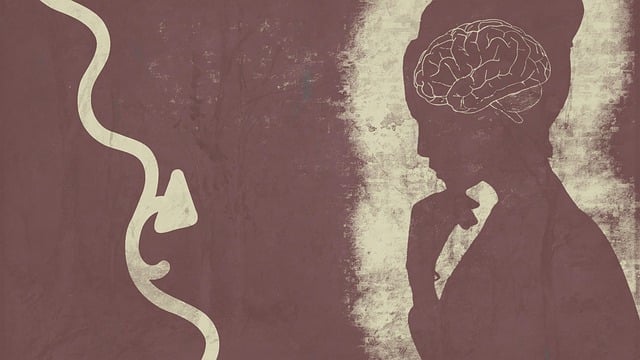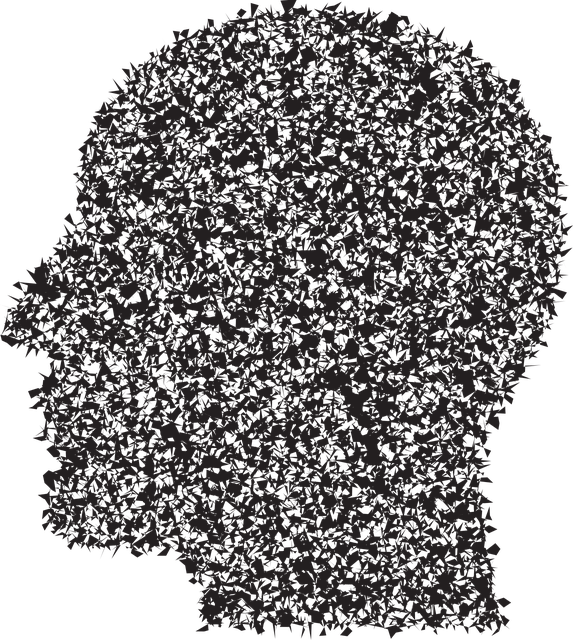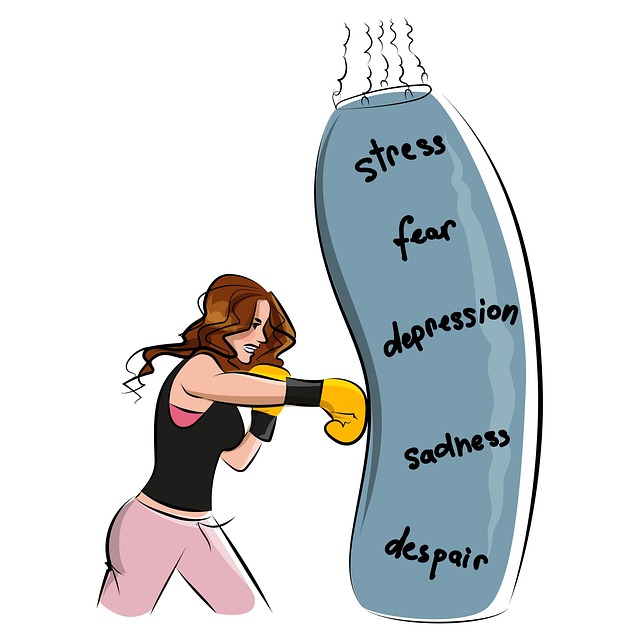Social Skills Training (SST) is an effective therapeutic approach tailored for young adults with mental health conditions, focusing on enhancing interpersonal interactions and communication skills. By combining personalized therapy sessions, psychological testing, and mindfulness techniques, SST fosters a sense of belonging, improves mental health outcomes, and empowers individuals to confidently navigate social environments. This comprehensive method, which includes assessments and targeted interventions, is a game-changer in treating young adults, promoting improved social interactions, reduced anxiety, and enhanced overall well-being through specialized therapy for young adults and psychological testing.
Social skills training is a transformative approach gaining traction in mental health care, particularly for young adults. This comprehensive therapy aims to enhance interpersonal interactions and support overall well-being. By integrating psychological testing to tailor skill development, we can effectively address social challenges associated with various conditions.
The article explores these strategies, from evidence-based techniques to real-world success stories, highlighting the impact on young adult lives through personalized, targeted therapy, including psychological testing.
- Understanding Social Skills Training: A Comprehensive Approach for Mental Health
- The Role of Psychological Testing in Personalized Skill Development
- Strategies for Effective Social Skills Training in Young Adults
- Real-World Application and Long-Term Benefits: Success Stories from Therapy
Understanding Social Skills Training: A Comprehensive Approach for Mental Health

Social Skills Training (SST) is a therapeutic approach designed to enhance interpersonal interactions and improve communication for individuals with mental health conditions. This comprehensive method goes beyond traditional talk therapy by focusing on practical skills that are essential for navigating social environments. Through role-playing, modeling, and feedback, SST equips participants with the tools to initiate conversations, maintain eye contact, interpret non-verbal cues, and express emotions effectively.
For young adults dealing with conditions like depression or anxiety, SST offers a unique benefit by fostering a sense of belonging and social connection. This is particularly significant in promoting recovery, as research suggests that improved social skills can lead to better mental health outcomes. In the context of growing public awareness campaigns for Depression Prevention, SST integrates Mind Over Matter principles, empowering individuals to take control of their well-being and navigate social challenges with increased confidence.
The Role of Psychological Testing in Personalized Skill Development

Psychological testing plays a pivotal role in tailoring social skills training to individual needs, especially for young adults seeking therapy. These assessments help professionals gain valuable insights into a person’s cognitive abilities, emotional functioning, and interpersonal styles. By understanding these factors, therapists can design targeted interventions that address specific challenges. For instance, a young adult struggling with anxiety might benefit from exercises focused on assertiveness and communication, while another individual could require skills to manage anger or improve empathy.
The process of psychological testing goes beyond diagnosis; it offers a roadmap for personalized therapy. Crisis intervention guidance, mental illness stigma reduction efforts, and emotional healing processes can all be enhanced through this initial evaluation. This ensures that social skills training is not a one-size-fits-all approach but rather an individualized journey towards better mental health and social interactions.
Strategies for Effective Social Skills Training in Young Adults

Social Skills Training tailored for young adults with mental health conditions requires a multi-faceted approach that combines therapy, psychological testing, and targeted exercises. The first step involves assessing each individual’s unique needs through comprehensive psychological evaluations. This helps in identifying specific social challenges, such as communication difficulties or difficulty managing emotions in social settings.
Once diagnosed, personalized therapy sessions can incorporate self-awareness exercises to help young adults understand their emotional triggers and develop coping mechanisms. Crisis intervention guidance is also crucial to equip them with strategies for handling acute distress in social situations. Additionally, resilience building activities foster adaptability and promote positive interactions, ultimately enhancing their overall ability to navigate and contribute to social environments healthily.
Real-World Application and Long-Term Benefits: Success Stories from Therapy

Social skills training is not just theoretical; its real-world application offers profound benefits for individuals managing mental health conditions. Through structured therapy sessions, young adults learn to navigate social situations with confidence, enabling them to build meaningful relationships and enhance their emotional well-being. These skills extend far beyond the therapy room, fostering better communication at school, work, or within social circles.
Success stories from therapy highlight the long-term advantages of social skills training. Many individuals have reported improved mental health outcomes, including reduced anxiety and depression symptoms. By integrating mindfulness techniques, compassion cultivation practices, and mind over matter principles, therapy sessions empower young adults to manage their conditions effectively. These positive changes often lead to increased participation in community activities, improved academic performance, and a higher quality of life overall.
Social skills training, when tailored through psychological testing, offers a transformative therapy for young adults with mental health conditions. By understanding individual strengths and weaknesses, this comprehensive approach empowers individuals to navigate social interactions with confidence. The real-world application of these skills leads to improved relationships, enhanced well-being, and long-term benefits that can be witnessed in numerous success stories from therapy sessions. Integrating psychological testing into social skills training is a game-changer in mental health support for young adults.









